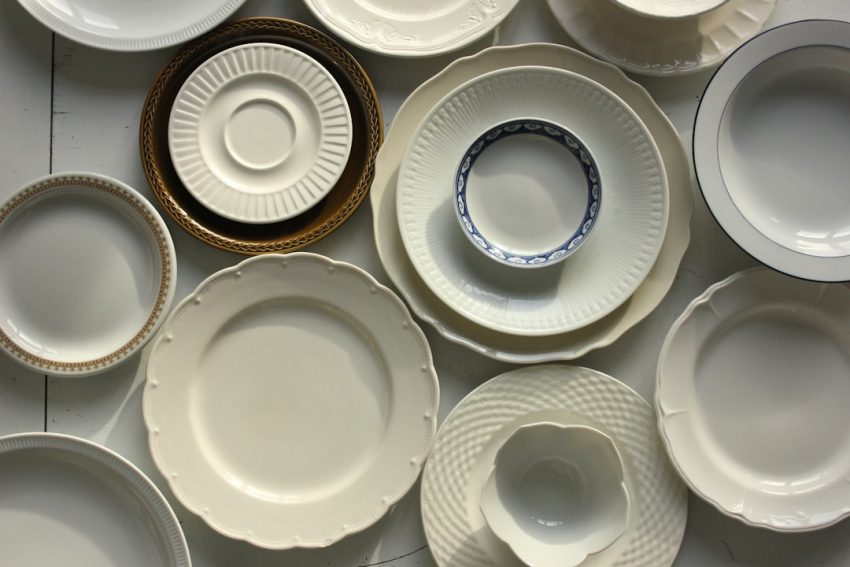A tidy home is not just visually appealing but significantly enhances mental well-being, reducing stress and anxiety. Research shows that home organization and decluttering create peaceful sanctuaries that support emotional regulation and clarity. By minimizing excess possessions, individuals establish environments reflecting personal values, leading to lower depression and anxiety levels, better sleep quality, increased self-esteem, and improved decision-making skills in daily life. In today's fast-paced world, these practices are crucial for maintaining both physical and psychological health.
Organized homes are not just aesthetically pleasing; they significantly reduce stress levels and contribute to improved mental well-being. This article delves into the profound connection between home organization and mental health, exploring how a cluttered environment can exacerbate stress and anxiety. We present scientific studies underscoring the positive impact of home organization on mental health. Additionally, we offer practical strategies for decluttering and organizing your space, with step-by-step guides and tips to incorporate organization into daily routines. Discover long-term benefits such as improved focus, better sleep quality, and enhanced overall well-being through a calm and organized home environment.
- The Connection Between Home Organization and Mental Well-being
- – Exploring the impact of a cluttered environment on stress and anxiety levels
- – Scientific studies highlighting the link between home organization and improved mental health
The Connection Between Home Organization and Mental Well-being
A tidy home is more than just aesthetically pleasing; it’s a powerful tool for enhancing mental well-being. The connection between home organization and mental health is a growing area of interest in psychology. Research suggests that living in a decluttered space can significantly reduce stress, improve mood, and boost overall happiness. When our surroundings are orderly and free from clutter, we experience a sense of calm and control, which translates to better emotional regulation.
Home organization goes beyond physical arrangement; it involves creating a peaceful sanctuary where one can find solace and clarity. By eliminating excess items and adopting systematic storage solutions, individuals can create an environment that supports their mental health goals. Decluttering is not just about getting rid of stuff; it’s a process of freeing oneself from the burden of excessive possessions and creating a space that reflects one’s values and promotes tranquility.
– Exploring the impact of a cluttered environment on stress and anxiety levels
A cluttered home can significantly contribute to heightened stress and anxiety levels. Research suggests that living in a disorganized space can create a constant mental burden, as individuals constantly process and attempt to manage their surroundings. This cognitive overload can lead to increased cortisol levels, often associated with prolonged stress responses. Moreover, the visual chaos of a cluttered environment may trigger feelings of overwhelm, making it challenging for individuals to relax or find tranquility within their own homes.
Home organization and decluttering are powerful tools to combat these effects. By creating a calm, ordered living space, individuals can experience reduced stress and improved mental clarity. A well-organized home allows for easier navigation and access to items, decreasing the time spent searching and reducing feelings of being overwhelmed. This sense of control over one’s environment is beneficial for mental health and overall well-being, promoting a sense of peace and relaxation in what should be a sanctuary.
– Scientific studies highlighting the link between home organization and improved mental health
Scientific research has repeatedly shown a strong correlation between home organization and improved mental health. Studies have found that living in a tidy, organized space can significantly reduce stress levels, enhance overall well-being, and even improve sleep quality. One such study published in the Journal of Clinical Psychology suggested that participants who spent time decluttering their homes reported lower levels of depression and anxiety compared to those who didn’t.
Additionally, the act of decluttering has been linked to increased self-esteem and a sense of control. As people remove clutter and organize their living spaces, they often gain a clearer perspective on what truly matters to them, leading to better decision-making in all areas of life. This positive impact on mental health is particularly significant in today’s fast-paced world where stress and anxiety are prevalent, making home organization a powerful tool for maintaining both physical and psychological well-being.
Organized homes can serve as sanctuaries, not just for physical possessions but also for our mental well-being. By implementing simple decluttering techniques and fostering a sense of order, we can significantly reduce stress levels and create environments that promote calmness and clarity. The connection between home organization and mental health is undeniable, making it a crucial aspect to consider in maintaining overall well-being.
